
Cancer Dies When You Start Eating These 8 Foods. Time To Start Eating Them
The title sounds dramatic, but let’s be clear from the beginning: no food can magically “kill” cancer or replace medical treatment. Cancer is a complex disease, and effective care must always be guided by doctors through evidence-based treatments such as surgery, chemotherapy, radiotherapy, immunotherapy, or targeted drugs.
However, what you eat every day can strongly influence inflammation, immunity, body weight, and overall strength. A healthy diet doesn’t cure cancer, but it can support your body, lower the risk of some cancers, and help you tolerate treatment better. With that in mind, here are eight foods and food groups that scientists often highlight as powerful allies for your long-term health.
1. Cruciferous vegetables
Broccoli, cauliflower, cabbage, kale, and Brussels sprouts are rich in fiber, vitamins, and plant compounds like sulforaphane. These substances help your body detoxify certain chemicals and support natural repair processes in cells. Try gently steaming them or tossing them into stir-fries rather than overcooking.
2. Berries
Blueberries, strawberries, raspberries, and blackberries are packed with antioxidants such as vitamin C and various polyphenols. These compounds help neutralize excess free radicals, which can otherwise damage cells over time. A handful of berries in yogurt or oatmeal is a simple daily upgrade.
3. Tomatoes
Tomatoes contain lycopene, a pigment that gives them their red color. Lycopene has been widely studied for its potential protective effects, especially when tomatoes are cooked, as in tomato sauce or soup. Combining cooked tomatoes with a little olive oil helps your body absorb lycopene more effectively.
4. Garlic and onions
Members of the allium family—garlic, onions, leeks, and shallots—provide sulfur compounds that support natural detoxification enzymes in the body. Regularly cooking with fresh garlic and onions adds flavor without extra salt or sugar, and may offer long-term health benefits.
5. Leafy green vegetables
Spinach, Swiss chard, lettuce, and other leafy greens deliver folate, carotenoids, magnesium, and plenty of fiber. They support immune function, healthy digestion, and weight control. Try to fill at least half your plate with vegetables, including a generous portion of greens, at your main meals.
6. Nuts and seeds
Almonds, walnuts, flaxseeds, chia seeds, and sunflower seeds provide healthy fats, protein, and fiber. Some, like walnuts and flaxseeds, contain omega-3 fats, which may help reduce chronic inflammation. A small handful of nuts or a spoonful of seeds on salads, soups, or yogurt is usually enough.
7. Whole grains
Brown rice, oats, quinoa, barley, and whole-wheat products are higher in fiber and nutrients than refined grains. Fiber helps regulate blood sugar and feeds beneficial gut bacteria, which in turn support your immune system. Swapping white rice or white bread for whole-grain options is a practical step.
8. Green tea
Green tea contains catechins, plant compounds that have been studied for their antioxidant and anti-inflammatory effects. Sipping unsweetened green tea instead of sugary drinks can both reduce sugar intake and add potentially beneficial compounds to your day.
These eight foods won’t make cancer “die” on their own, but they can be part of a lifestyle that makes your body a less welcoming place for disease in general. To truly protect your health, combine them with other habits: maintaining a healthy weight, staying physically active, avoiding tobacco, limiting alcohol, getting enough sleep, and following your doctor’s recommendations for screening and treatment.
So yes, it’s time to start eating them—but not as a miracle cure. Think of them as daily investments in your future health, powerful partners that work alongside, not instead of, proper medical care.
News in the same category

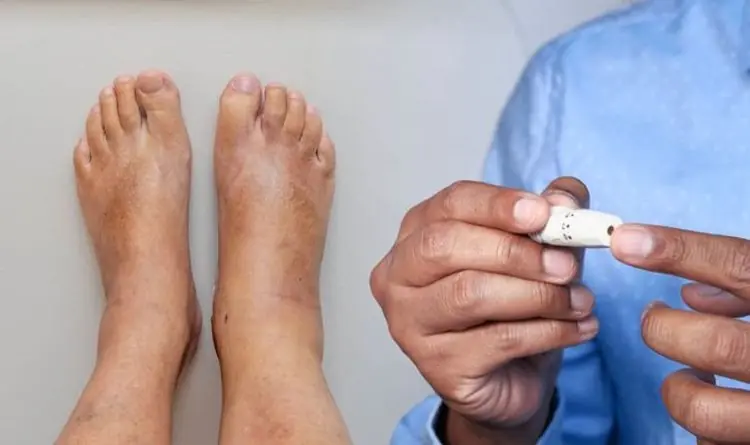
Your Feet Are A ‘Blood Sugar Meter’ – Beware Of Diabetes If You Frequently Experience These 12 Symptoms

What are the symptoms of diabetes?

Shoulder Pain from Sleeping: Causes, Solutions and More
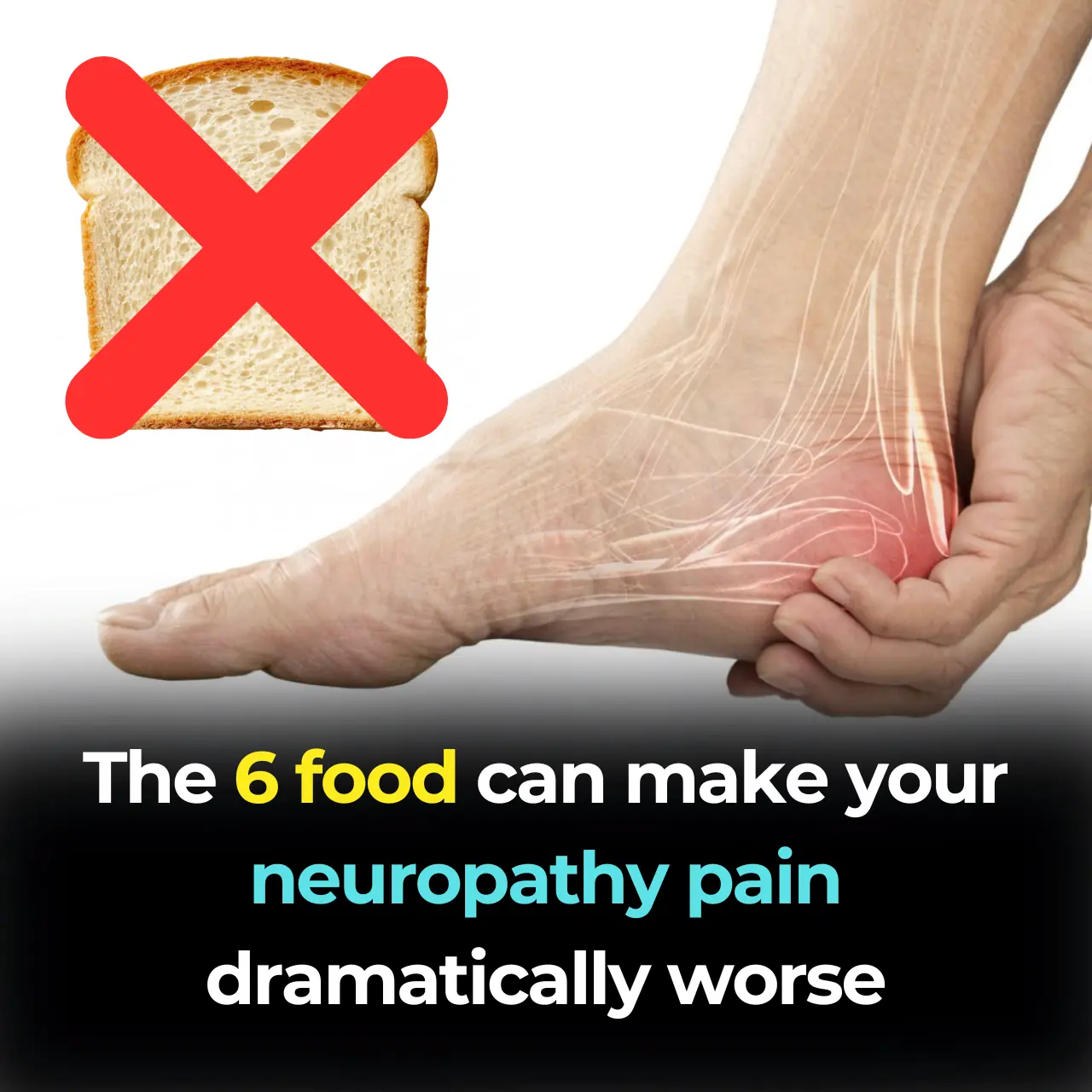
6 Trigger Foods That Cause Agonizing Pain If You Have Neuropathy
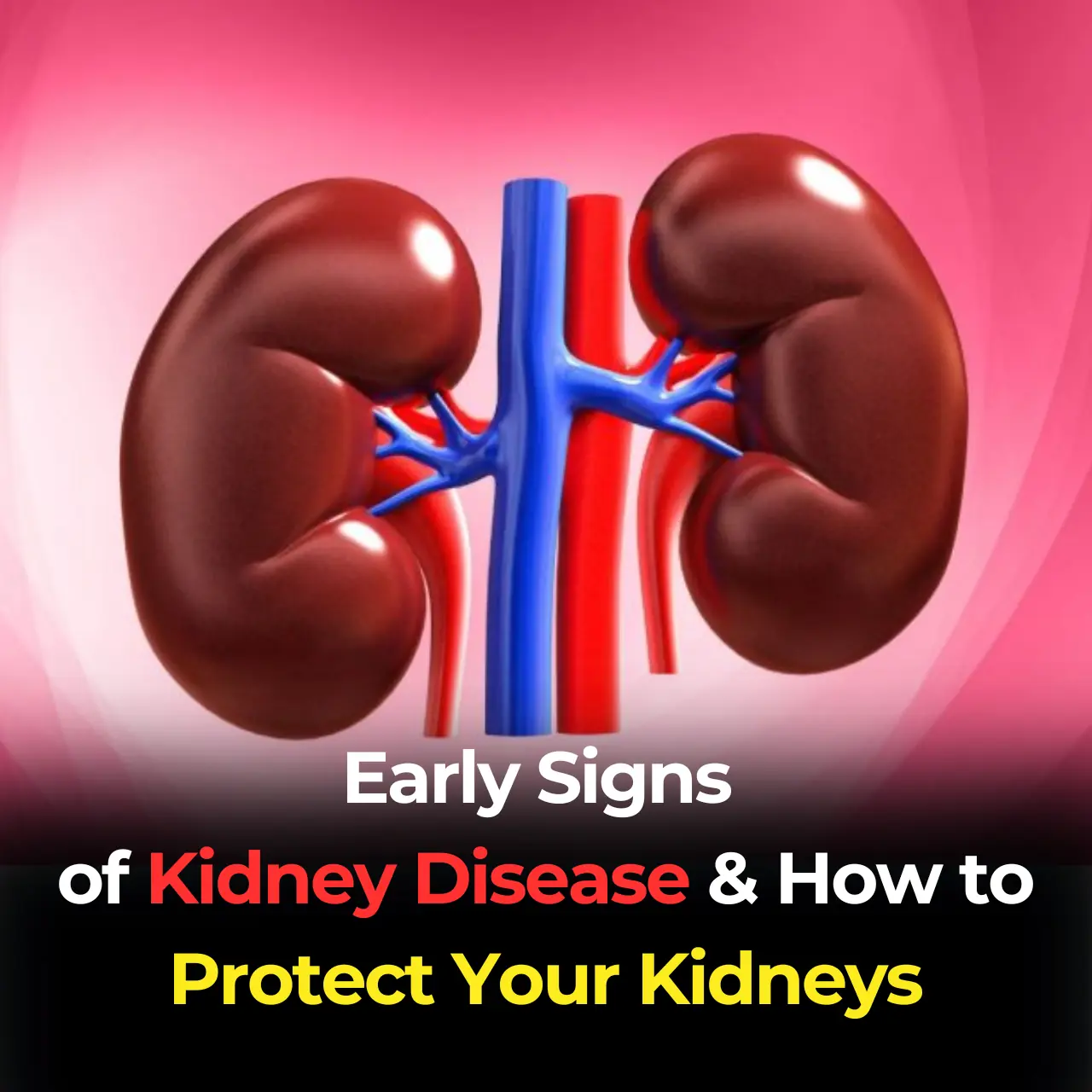
Early Signs of Kidney Disease & How to Protect Your Kidneys
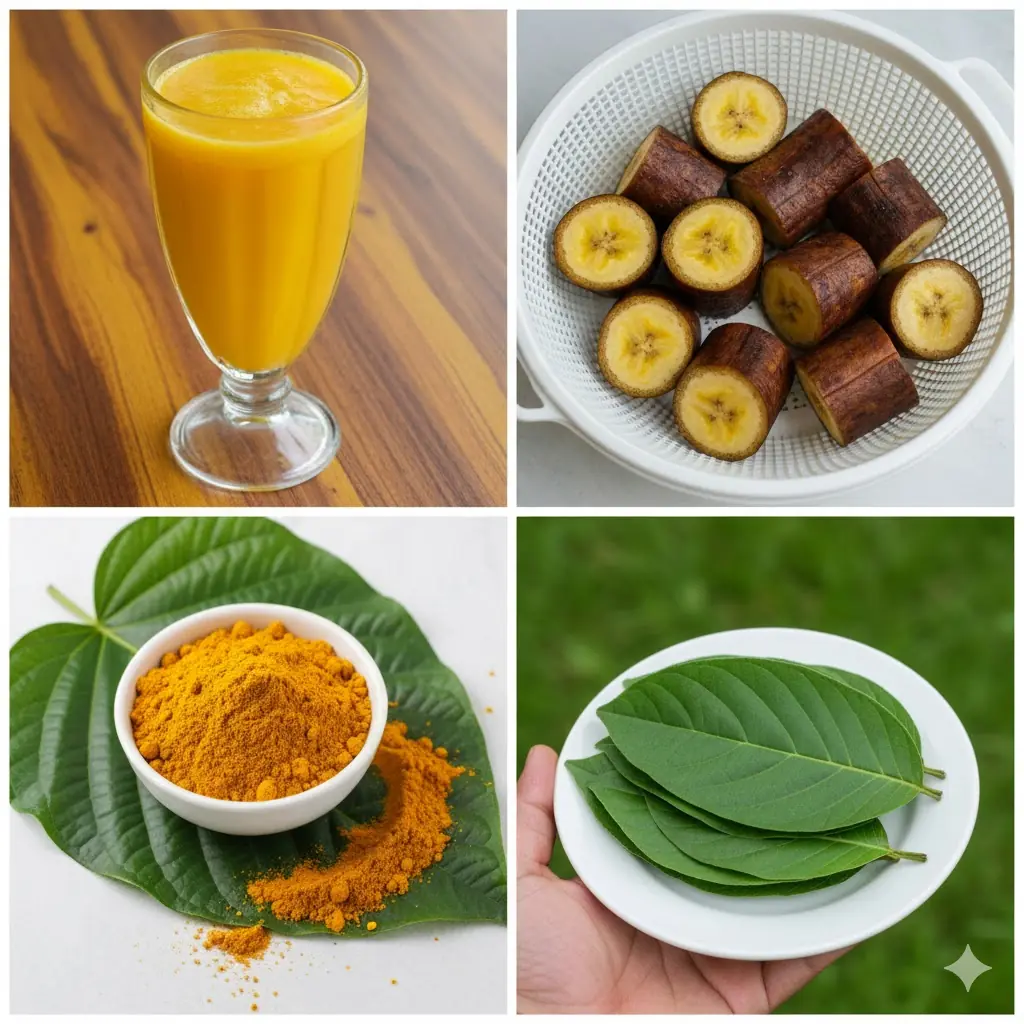
A Gentle Drink for Circulation, Balance, and Heart Wellness
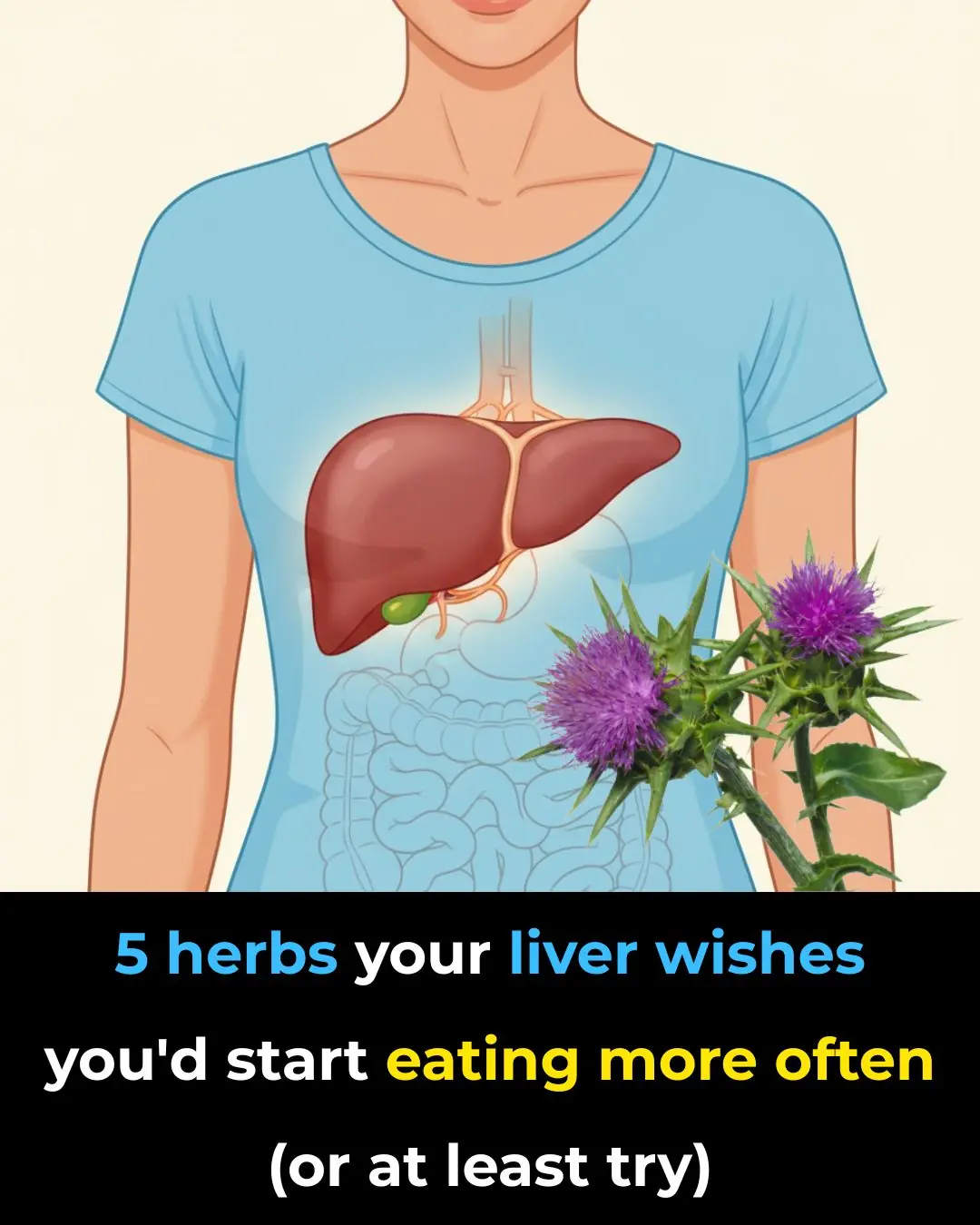
5 Herbs Your Liver Wished You’d Start Eating More Often (Or At Least Try!)

This one vitamin could help stop you from waking up to pee every night
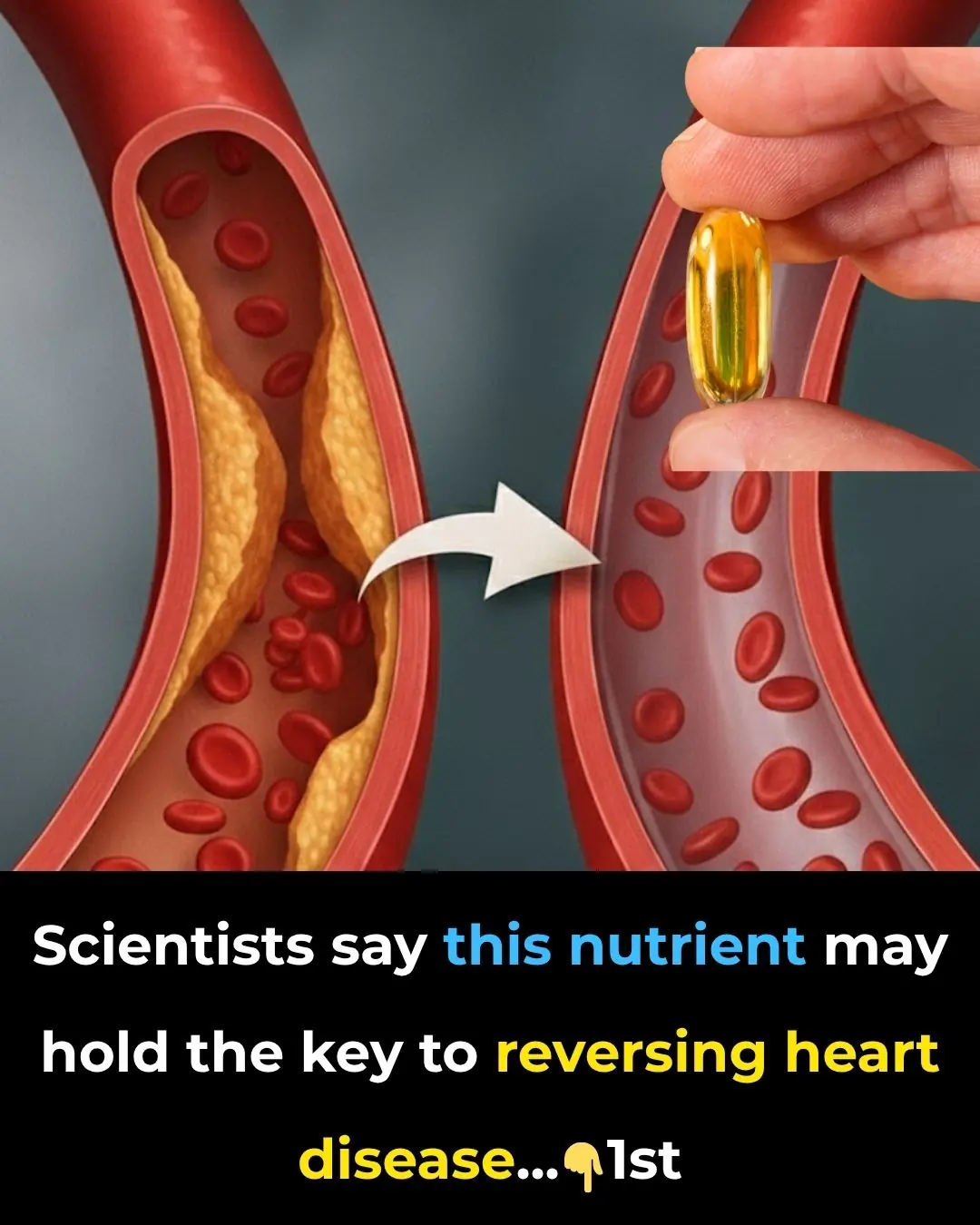
Scientists say this nutrient may hold the key to reversing heart disease
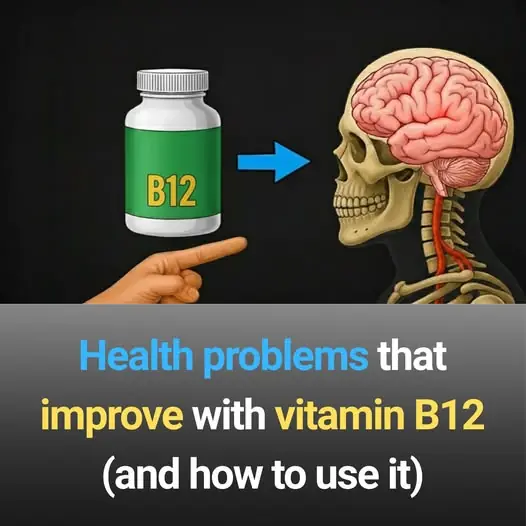
Health problems that improve with vitamin B12 (and how to use it)
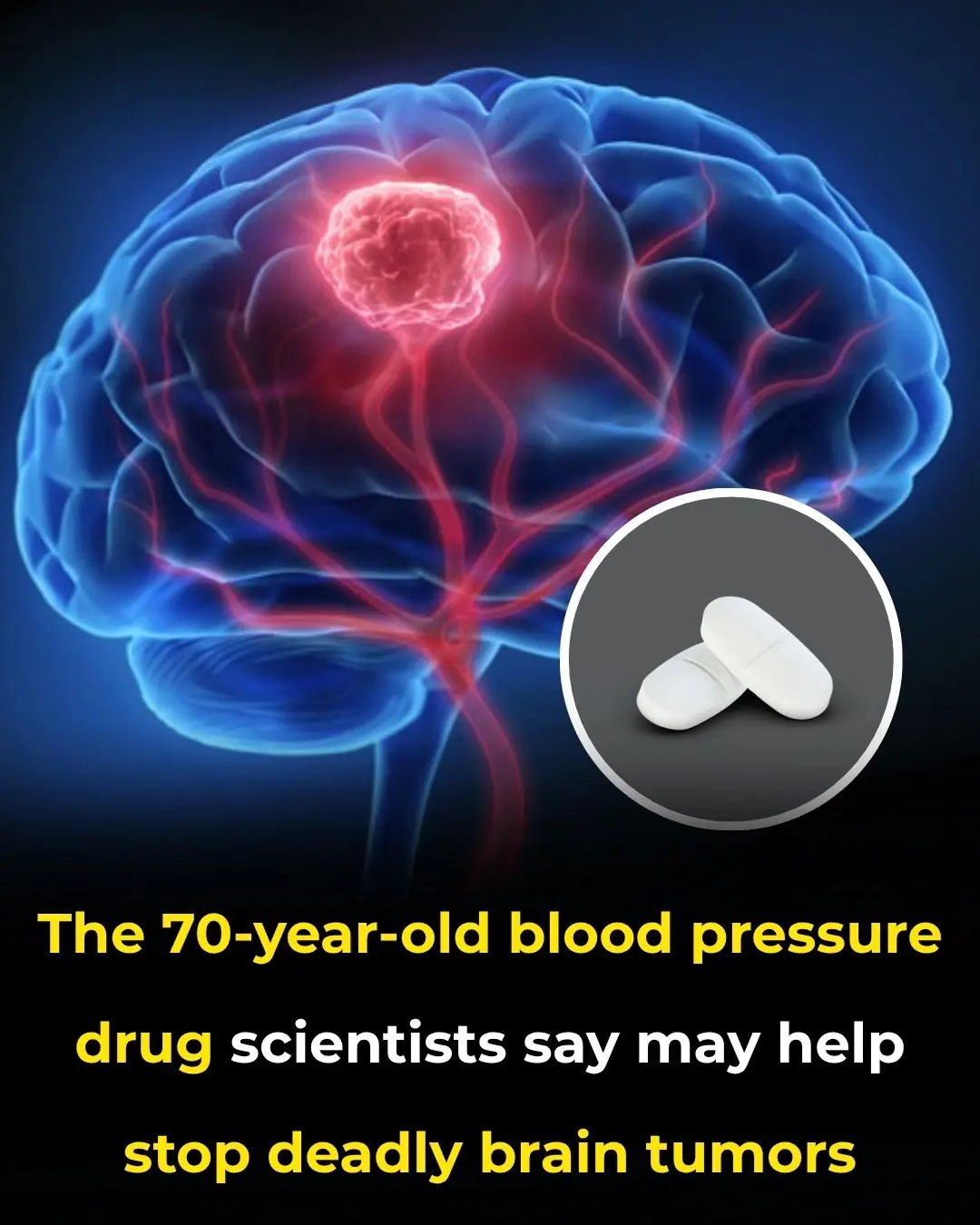
The 70-year-old blood pressure drug scientists say may help stop deadly brain tumors

These 4 common prescription drugs may be silently damaging your nerves
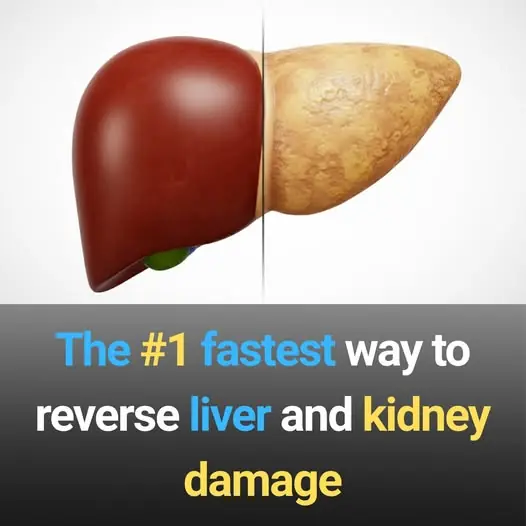
The #1 fastest way to reverse liver and kidney damage
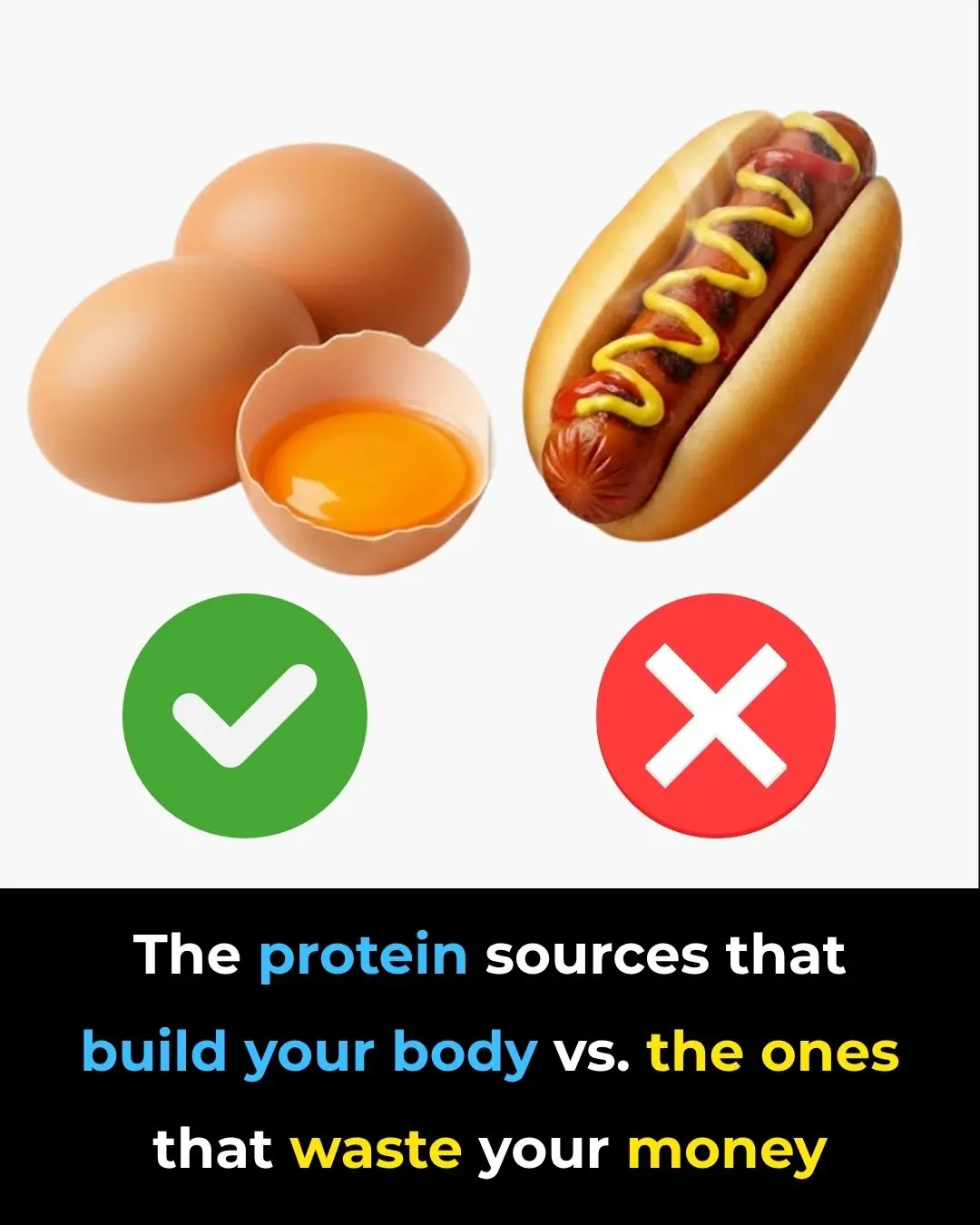
The protein sources that build your body vs. the ones that waste your money

Warning! legs weaken first — 3 exercises every person over 50 must do
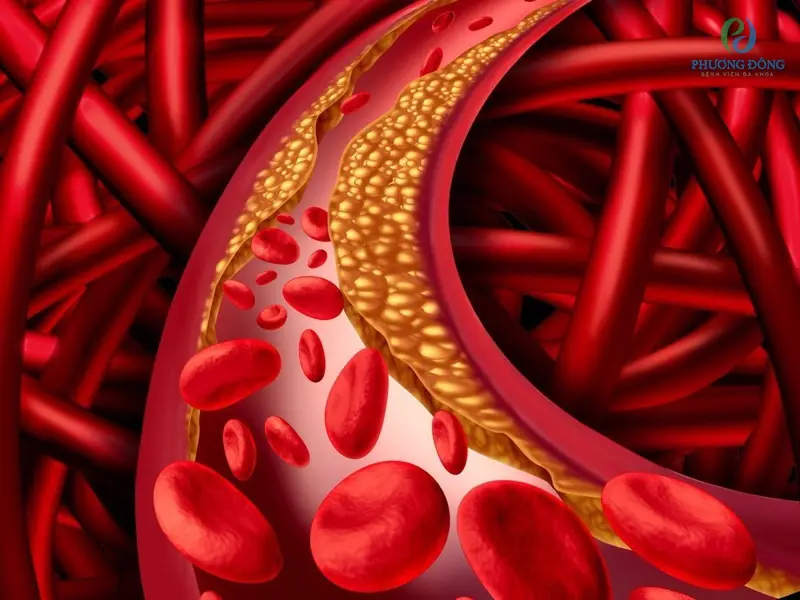
Powerful Foods That Help Prevent Clogged Arteries And Keep Your Heart Feeling 20 Again
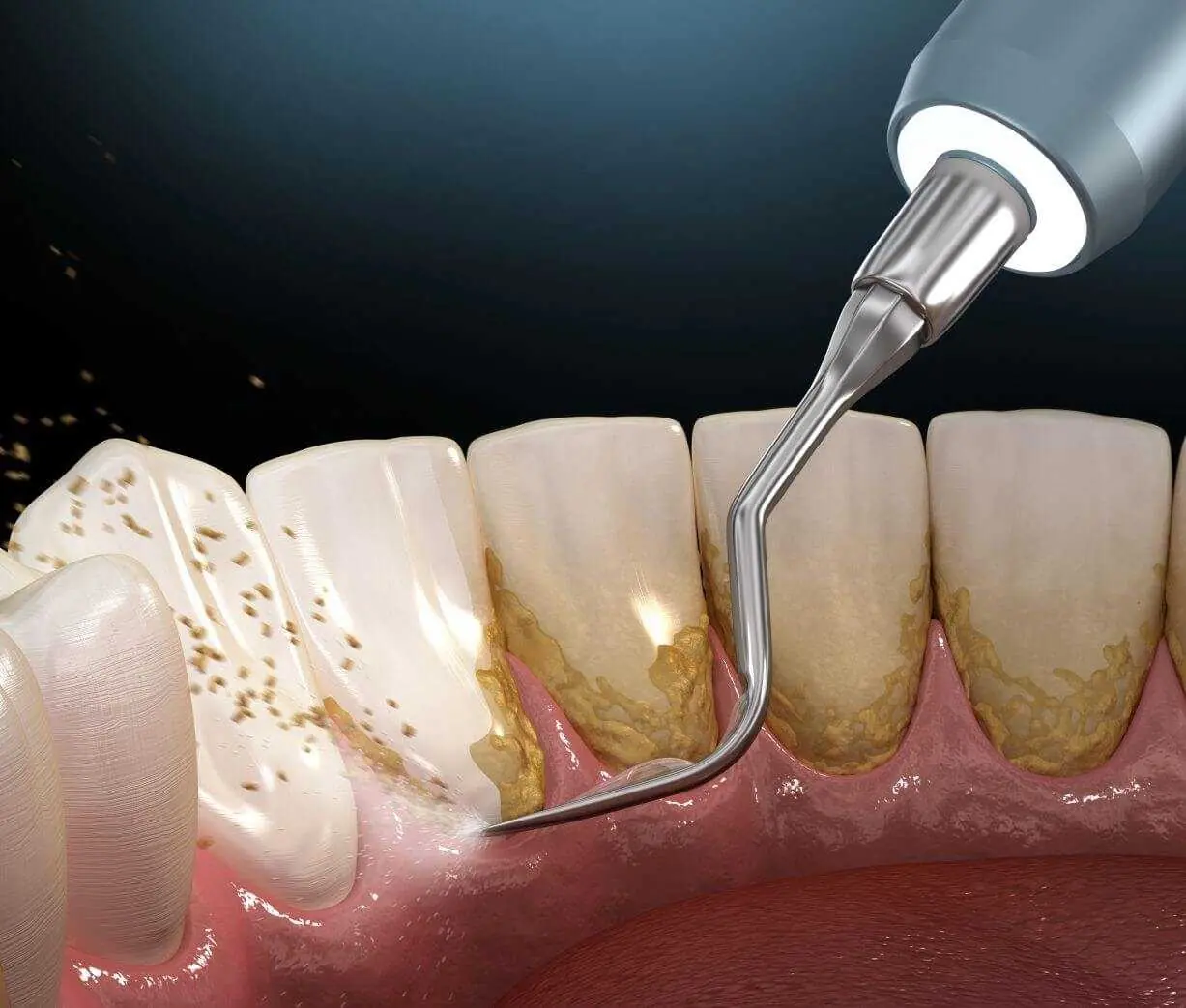
Natural Plaque-Removal Tricks That Actually Work

I used castor oil for neuropathy – here’s what happened in 30 days!
News Post

Jets cornerback Kris Boyd in critical condition after NYC shooting

Priceless: Watch This Toddler With Hydrocephalus Take His First Steps

Katie Price reignites war of words over daughter Princess as she urges teen to tell ‘the truth’

Meet the Black Creatives Behind Tāst Coffee, D.C.’s Bold New Force in Specialty Coffee

Robbie Williams claims weight-loss jab is damaging his vision but vows to stay on it ‘until sight in one eye has completely gone’

If you suddenly wake up between 3:07 and 3:15 a.m., you should be extremely careful

All The Feels: Brother And Sister Meet For The First Time After 19 Years Apart

Black Boy Joy: Watch Little Boy’s Priceless Reaction To His Big Brother’s Surprise Visit

MAFS UK's Julia-Ruth breaks silence on reunion's biggest bombshell

2-Year-Old Loses Race, But Wins Dad’s Heart After He Runs To Hug Dad Instead Of Crossing Finish Line

‘Like Knowing Every Detail About My Receivers’: With A Week To Prepare For First NFL Start Fans Expect Better Shedeur Sanders

Holly Willoughby enjoys rare outing to Winter Wonderland as Vogue Williams beams ahead of I'm A Celeb

Your Feet Are A ‘Blood Sugar Meter’ – Beware Of Diabetes If You Frequently Experience These 12 Symptoms

Inside Chloe Bennet's life including heartbreaking reason she changed name

‘Thought This was AI’: Fans Lose It Over Spike Lee’s Unexpected Gift to the Pope, But All Anyone Can Talk About Is the Director’s Head

What are the symptoms of diabetes?

‘A Former Powder Head Talking Crazy’: Mike Epps’ Bold Food Stamp Commentary Sparks a Brutal Online Backlash as Fans Accuse Him of Hypocrisy
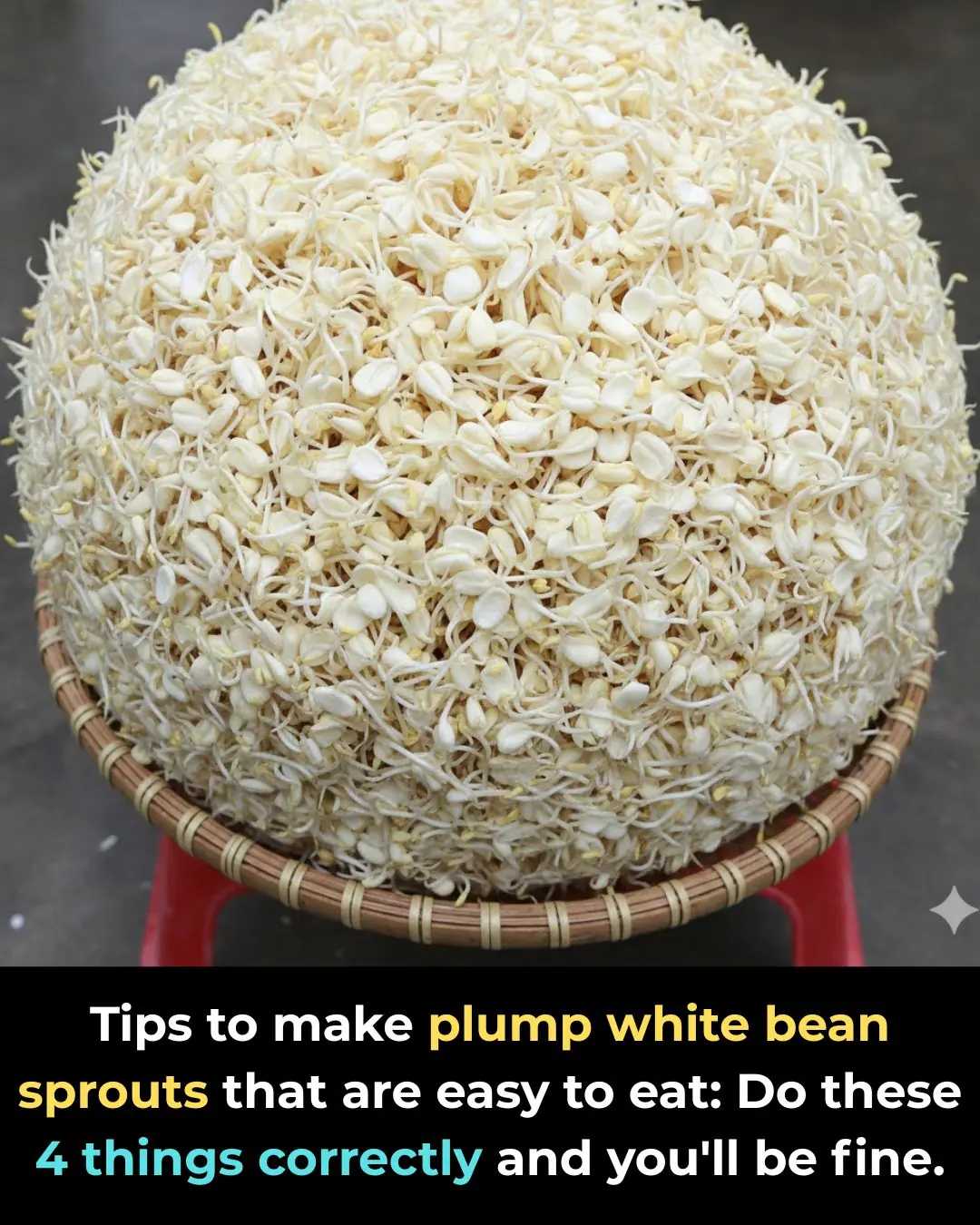
Tips to make plump white bean sprouts that are easy to eat: Do these 4 things correctly and you'll be fine.
